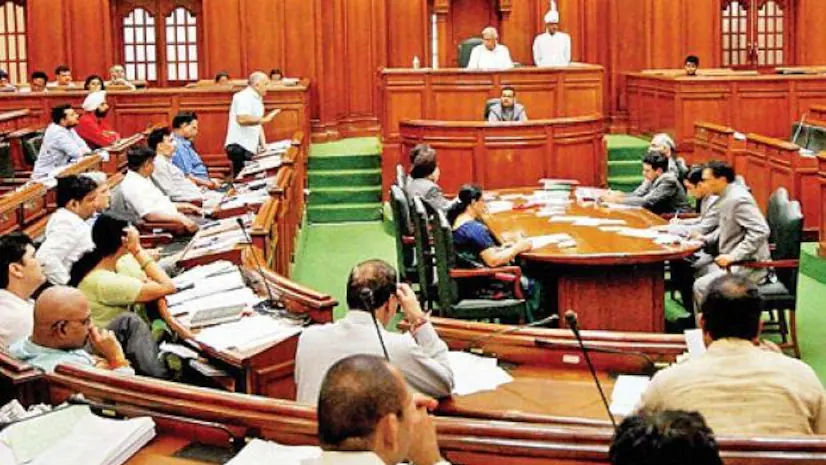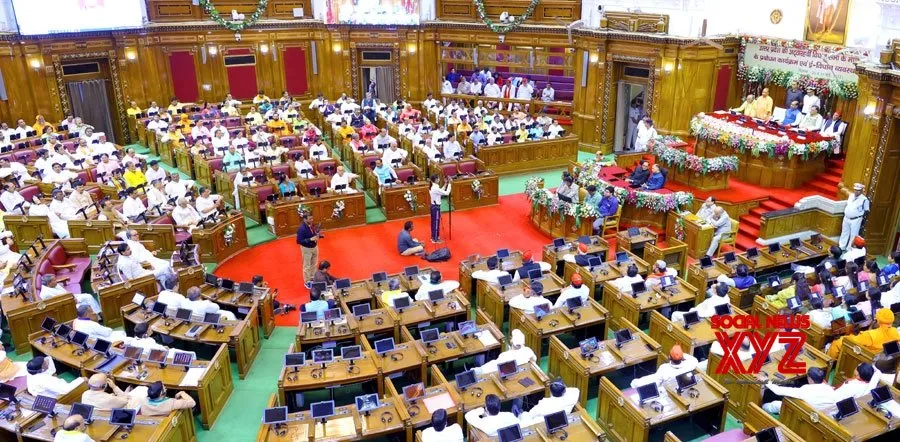The Irony of Political Immunity: How Indian Politicians Escape Accountability
The Indian Constitution guarantees equality before the law, but in reality, politicians often enjoy a shield of immunity that protects them from accountability. This article explores how political power can lead to impunity, using real-life examples of politician crimes, black money, and recent news. We will also highlight some exceptions – good politicians who have made a positive impact.
The Constitutional Conundrum
Article 105 of the Indian Constitution grants Members of Parliament (MPs) and Members of Legislative Assemblies (MLAs) certain privileges, including freedom from arrest in civil cases and exemption from court attendance. While intended to facilitate governance, these provisions can be misused to evade accountability.

Money of country: Black Money and Politicians
Black money, or unaccounted wealth, is a significant issue in Indian politics. Politicians often accumulate wealth through corrupt means, and the lack of transparency and accountability allows them to hide their assets. According to a 2020 report, Indian politicians have stashed over ₹1,30,000 crore in Swiss banks alone.
Real-Life Examples :-
-
- Case 1: The 2G Spectrum Scam (2008) – Former Telecom Minister A. Raja was accused of causing a ₹1.76 lakh crore loss to the exchequer. Despite evidence, he was acquitted due to “lack of proof.”
-
- Case 2: The Vyapam Scam (2013) – Madhya Pradesh CM Shivraj Singh Chouhan faced allegations of involvement in a massive recruitment scam. Despite numerous arrests, he remains untouched.
-
- Case 3: The Unnao Rape Case (2017) – BJP MLA Kuldeep Singh Sengar was accused of raping a minor. He was only expelled from the party after public outcry.
-
- Case 4: Black Money – Former Karnataka CM BS Yediyurappa was accused of amassing ₹1,000 crore in black money. Despite allegations, he remains in power.
What If Politicians Became Loyal to the Nation and Its People?
Put country over party: Prioritize national interests over party loyalty. and this can happen only if we choose the right one, Because we have the Power and Right.
Good Politicians – The Exceptions
Not all politicians are corrupt or immune to accountability. Some have made a positive impact:
-
- Anna Hazare – A social activist turned politician, Hazare has consistently fought against corruption and advocated for transparency.
-
- A. P. J. Abdul Kalam – Kalam was elected as the 11th president of India in 2002 with the support of both the ruling Bharatiya Janata Party.
-
- Dr. Shashi Tharoor – A Congress MP, Tharoor has been vocal about issues like black money and has pushed for reforms.
Recent News
-
- In 2022, a Jharkhand court acquitted CM Hemant Soren in a corruption case, citing “lack of evidence.”
-
- In 2023, a UP court stayed the arrest of SP leader Azam Khan in a land grabbing case, citing “political vendetta.”
Conclusion
The Indian Constitution’s provisions, meant to facilitate governance, are often exploited by politicians to evade accountability. The examples above demonstrate how political power can lead to impunity. However, there are exceptions – good politicians who have made a positive impact. It’s essential to revisit these provisions and ensure that politicians are held accountable for their actions, upholding the true spirit of equality before the law. Transparency, accountability, and electoral reforms can help curb the influence of black money and political immunity.
